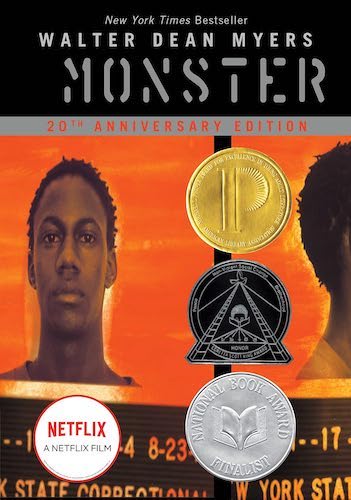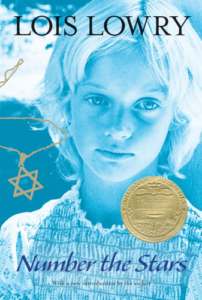Monster
Book Author: Walter Dean Myers
Summary reviewed by:
Terrence Timmons
Terrence Timmons
Analyst
Bachelor of Arts (BA), University Of California, Santa Barbara 2019
With over 4 years of experience as an analyst. Terrence Timmons is committed to analyzing summaries without compromising on quality.
Monster: Summary
Imagine finding yourself in a nightmare where you're on trial for a crime you may or may not have committed. This is the harrowing reality for Steve Harmon, a 16-year-old aspiring filmmaker from Harlem, New York, the heart of "Monster." Accused of being involved in a deadly robbery, Steve's life spirals into a deep abyss as he grapples with the frightening possibility of spending the rest of his life behind bars. Walter Dean Myers crafts an intricate narrative through a blend of journal entries, flashbacks, and a script for a film Steve is writing, painting a vivid picture of a young life ensnared in the criminal justice system. The reader is taken on a gripping journey through the eyes of Steve, who uses his passion for filmmaking to distance himself from the chilling reality of his situation and to maintain a semblance of sanity. As the trial progresses, Steve's character is dissected, not just by the prosecution but by himself, as he struggles with his identity and the perception of being a "monster" in the eyes of the law and perhaps, his own.
Spoilers (watch a short ad to reveal spoilers)
Monster: Genres
Fiction
Bestsellers
Young Adult Fiction
Legal Drama
Social Issues
African American Literature
Courtroom Drama
Monster: Main Characters
Steve Harmon: A 16-year-old from Harlem with a passion for filmmaking. Struggles with identity and morality amidst his trial. His film script serves as a coping mechanism, helping him to analyze his life and the people in it.
James King: A defendant alongside Steve, portrayed as aggressive and intimidating. His values clash with Steve’s, highlighting themes of influence and choice.
Kathy O’Brien: Steve’s defense attorney, skeptical yet dedicated. She represents the thin line between justice and prejudice, questioning Steve’s innocence and the system’s integrity.
Sandra Petrocelli: The prosecutor, who labels Steve and James as “monsters,” exemplifying society’s quickness to judge based on stereotypes rather than individual character.
Monster: Themes
Identity: Steve’s trial forces him to confront how he sees himself versus how the world perceives him. His filmmaking is a metaphor for this exploration, offering a lens through which he scrutinizes his actions and their implications.
Justice and Prejudice: The novel scrutinizes the criminal justice system’s biases, particularly against young Black men. The contrasting attitudes of O’Brien and Petrocelli highlight the struggle between seeking truth and succumbing to preconceived notions.
Isolation: Steve’s isolation is both physical, in his jail cell, and emotional, as he feels distanced from his family and friends. His internal monologues and film script reflect his increasing detachment from a world he no longer feels part of.
Moral Ambiguity: Myers delves into the complexities of right and wrong through the characters’ actions and decisions. Steve’s introspection and the unclear nature of his involvement in the robbery underscore the theme that morality is often not black and white.
Monster: Methodology
In writing this book summary, we zeroed in on what ignites your curiosity and mirrors your concerns, reflecting on the riveting narrative of "Monster" and its poignant examination of identity, justice versus prejudice, and the complexities of moral ambiguity. Our analysis, steered by a team rich in literary acumen and keen on capturing the essence of Walter Dean Myers' narrative, delved deep into the fabric of the novel, extracting its core themes and moments that resonate deeply with the human experience. Each line is polished to ensure it stands as a beacon of both knowledge and inspiration, drawing from the story's exploration of themes to offer insights that echo beyond the pages, all while maintaining unwavering fidelity to the original masterpiece and upholding the utmost standards of editorial integrity.


Monster
Date Published: May 1, 2001
Disclaimer: As an Amazon Associate I earn from qualifying purchases.




